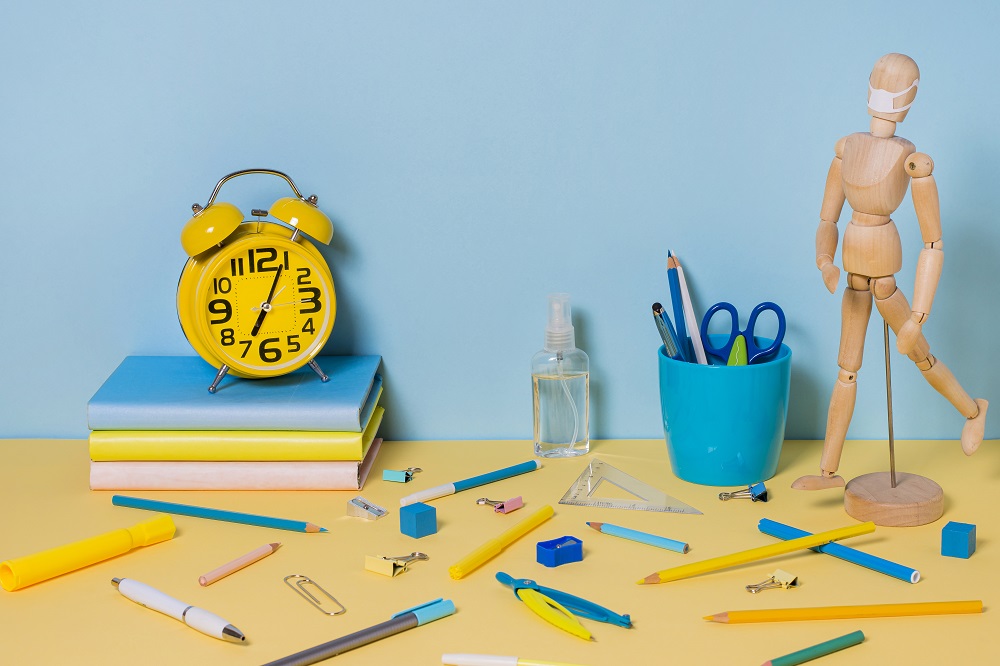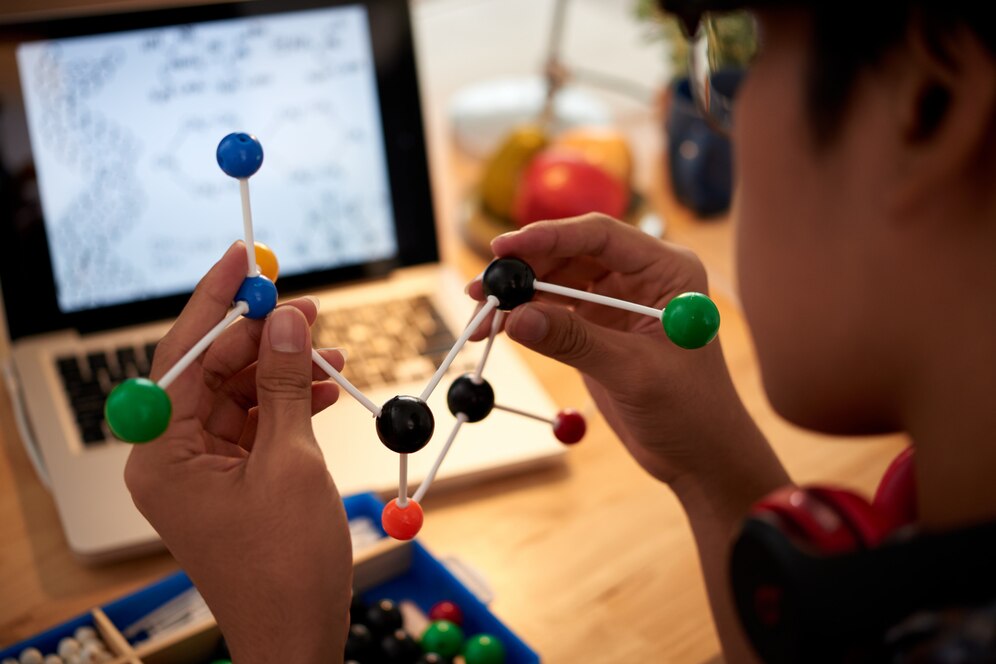As the world races ahead in a technology-driven era, schools must evolve — and quickly. Today’s learners are preparing not just for academic success, but for a seamless transition into the world of work. This shift demands more than theoretical knowledge; it calls for practical exposure, hands-on learning, and real-world problem-solving.
Recognising this need, the National Education Policy (NEP) 2020 and structured reforms such as Composite Skill Labs have placed experiential learning at the core of the CBSE curriculum. As CBSE states, “The National Curriculum Framework for School Education has focussed significantly on enhancing Skill Education… It has been mandated that all schools affiliated with the Board must establish a ‘Composite Skill Lab’ along with all necessary equipment and machinery to effectively implement the recommendations of NEP and NCF-SE.”
In this context, integrating practical learning tools and emerging technologies into classrooms is no longer optional — it is essential. Yet, for many school leaders, the transition brings a set of valid concerns.
This article addresses five of the most frequently asked questions about adopting practical learning tools — providing clear, policy-aligned insights to support confident decision-making.
1. Why should schools invest in practical training tools and emerging technologies at the school level?
The answer lies in the changing landscape of future careers. With industries evolving rapidly under the influence of Artificial Intelligence, Robotics, the Internet of Things (IoT), and Green Skills, Renewable Energy, it is imperative that students are introduced to these domains early. Schools that embrace this shift are not just imparting knowledge, they are equipping learners with competencies to think critically, innovate confidently, and adapt to real-world challenges.
When students engage in practical, hands-on learning, they retain concepts better, understand abstract topics more easily, and develop skills that go beyond the textbook. This form of learning also supports cognitive development, collaboration, and creative thinking — all of which are essential in a competitive global environment.
2. How do these tools fit into the CBSE curriculum, and do they really benefit students?
The CBSE framework has already laid a strong foundation for experiential learning through the structured integration of skill modules, coding, STEM education, and cross-disciplinary projects. Practical learning tools are not supplementary — they are a natural extension of this evolving vision. The introduction of Composite Skill Labs, as mandated by CBSE, is a direct response to this shift, designed to embed skill education meaningfully across grades.
By deploying hands-on tools aligned with subjects like Physics, Mathematics, Computer Science, and Work Education, schools are able to enhance conceptual clarity while reinforcing academic rigor. Students engage more deeply when they can experiment, build, and solve — seeing theories unfold in real-time. This not only improves comprehension and retention but also fuels curiosity, creativity, and confidence.
Moreover, such exposure prepares learners to participate in national and international skill competitions, elevating both their individual competencies and the institution’s academic stature.
3. What kind of infrastructure or lab setup is required and what is the typical cost?
One of the first concerns schools express is around space, setup, and cost. The reality is — setting up a skill lab does not require extensive construction or capital
investment. Most schools can retrofit existing classrooms, labs, or multipurpose areas to accommodate Composite Skill Labs.
To guide schools through this transformation, CBSE has provided detailed infrastructure guidelines, advising that “schools are advised to set up either one Composite Skill Lab of 600 sq. ft. area for classes VI–XII, or two separate labs of 400 sq. ft. area each, one for classes VI–X and the other for classes XI–XII.”
At Nvis Technologies, we create modular, scalable lab solutions tailored to a school’s specific needs. Whether your institution wants to start with basic electronics or introduce advanced robotics and AI modules, we can help plan the space, optimize layout, and manage implementation — all within a cost-effective, scalable framework.
4. Do teachers need special training to use these tools effectively?
Yes, and that’s where the success of any implementation lies. A tool is only as effective as the educator who uses it. We believe in empowering teachers with robust training and continuous support.
Our training programs are hands-on, curriculum-aligned, and designed to build both technical and pedagogical confidence. Teachers do not need prior domain expertise. With easy-to-understand manuals, guided activities, and step-by-step integration strategies, they can lead skill-based sessions seamlessly and meaningfully.
Moreover, regular refreshers and helpline support ensure teachers feel supported throughout the academic year.
5. Can these labs be integrated within existing school infrastructure or do we need new construction?
This is a common misconception. The short answer: no, you do not need new construction. The idea of Composite Skill Labs is rooted in adaptability. Whether your school is in an urban or semi-urban setting, the solutions we offer are designed to fit within existing infrastructure.
We begin by assessing available space and customizing our lab offerings accordingly. Some schools start with one skill area and expand gradually, while others go for a full-fledged lab in one go. In both cases, our priority remains minimal disruption, optimal space use, and strategic integration into school timetables.
Looking ahead
The question is no longer whether practical learning tools should be introduced in schools — but how soon. The earlier we begin, the stronger and more future-ready our students become.
Emphasising the transformative potential of Composite Skill Labs, CBSE affirms:
“It is believed that setting up ‘Composite Skill Labs’ will help in providing training on practical skills aligned with industry needs, enhance employment prospects for students in various trades and vocations, enable exploration of diverse career pathways beyond traditional options, and foster entrepreneurial capabilities among students.”
At Nvis Technologies, we are committed to enabling this vision. Through our end-to-end solutions — spanning lab design, infrastructure planning, equipment installation — we help schools transition confidently into hands-on, skill-based education.









